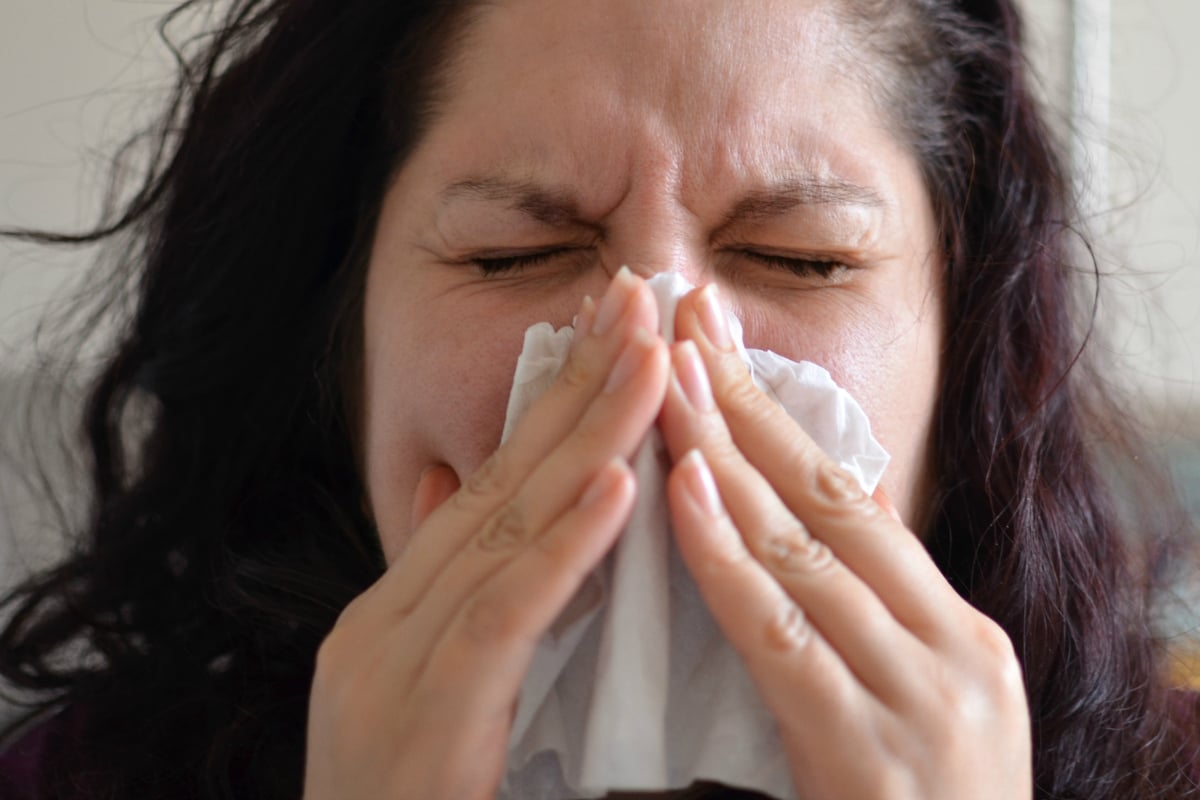
As Australia responds to the increasing number of Novel coronavirus cases, it’s understandable that people are on high-alert when it comes to their own health.
A sore throat we would normally just ride out and treat with lozenges, suddenly seems far more worthy of a visit to the doctor. A cough now attracts concerned glances from people nearby.
But healthcare workers are urging calm and stressing that clinics, GP surgeries and hospitals could become overburdened if we all suddenly rush through the doors for every splutter and tickle.
Watch: The simple ways to protect yourself from the COVID-19 coronavirus.
So what should you do if you have cold- or flu-like symptoms amid the COVID-19 pandemic?
We spoke to Dr Sanjaya Senanayake, an infectious diseases physician and Associate Professor at the Australian National University Medical School, to get the answers.
How do I know if I have COVID-19? What exactly are the symptoms?
It’s hard to tell. That’s because, in over 80 per cent of cases of COVID-19, the symptoms are mild and very similar to a common cold or flu.
“The most common symptoms that people will get are fever and a cough,” said Dr. Senanayake. “There may be other symptoms to a lesser extent, like fatigue, sore throat, shortness of breath, muscle aches and pains, and uncommonly diarrhoea and a runny nose.”




























































































